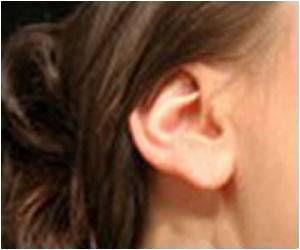The cause of a particular hearing loss is important to understand since it factors heavily into determining the right treatment.

TOP INSIGHT
The identification of critical cellular functions, which can then be targets for therapies for hearing loss may improve treatment.
The hearing thresholds of the knock-out mice were assessed with rising volumes of sound at five different frequencies - mice were considered hearing impaired if they could not hear the quieter sounds for two or more frequencies.
They identified 67 genes that were associated with hearing loss, of which 52 had not been previously linked with hearing loss. The genes identified varied in how they affected hearing - effects ranged from mild to severe hearing loss or resulted in difficulties at lower or higher frequencies.
The knock-out mice tested so far in this study represented only about 15% of mouse genes, so the researchers estimate that if the entire genome is searched there will be at least 450 genes required for hearing function.
In humans, there are over 400 genetic syndromes that include a hearing loss component, however most of the genes underlying hearing loss syndromes are currently unknown.
"Our findings identify 52 genes that have previously not been recognised as being critical for hearing. These increase our knowledge of the many genes and molecular mechanisms required for hearing, and also provide a shortlist of new genes to investigate to discover the genetic basis of many human hearing loss syndromes. Testing these genes in people with hearing loss may help to improve diagnosis and counselling of patients.
Dr Michael Bowl, from MRC Harwell and first author on the paper, said: "Mouse genetics has played an important role in our understanding of the development and functioning of the mammalian auditory system. We anticipate this list of hearing loss genes will grow hugely over the coming years, as the International Mouse Phenotyping Consortium continues to screen new mutants."
Source-Eurekalert
 MEDINDIA
MEDINDIA




 Email
Email










